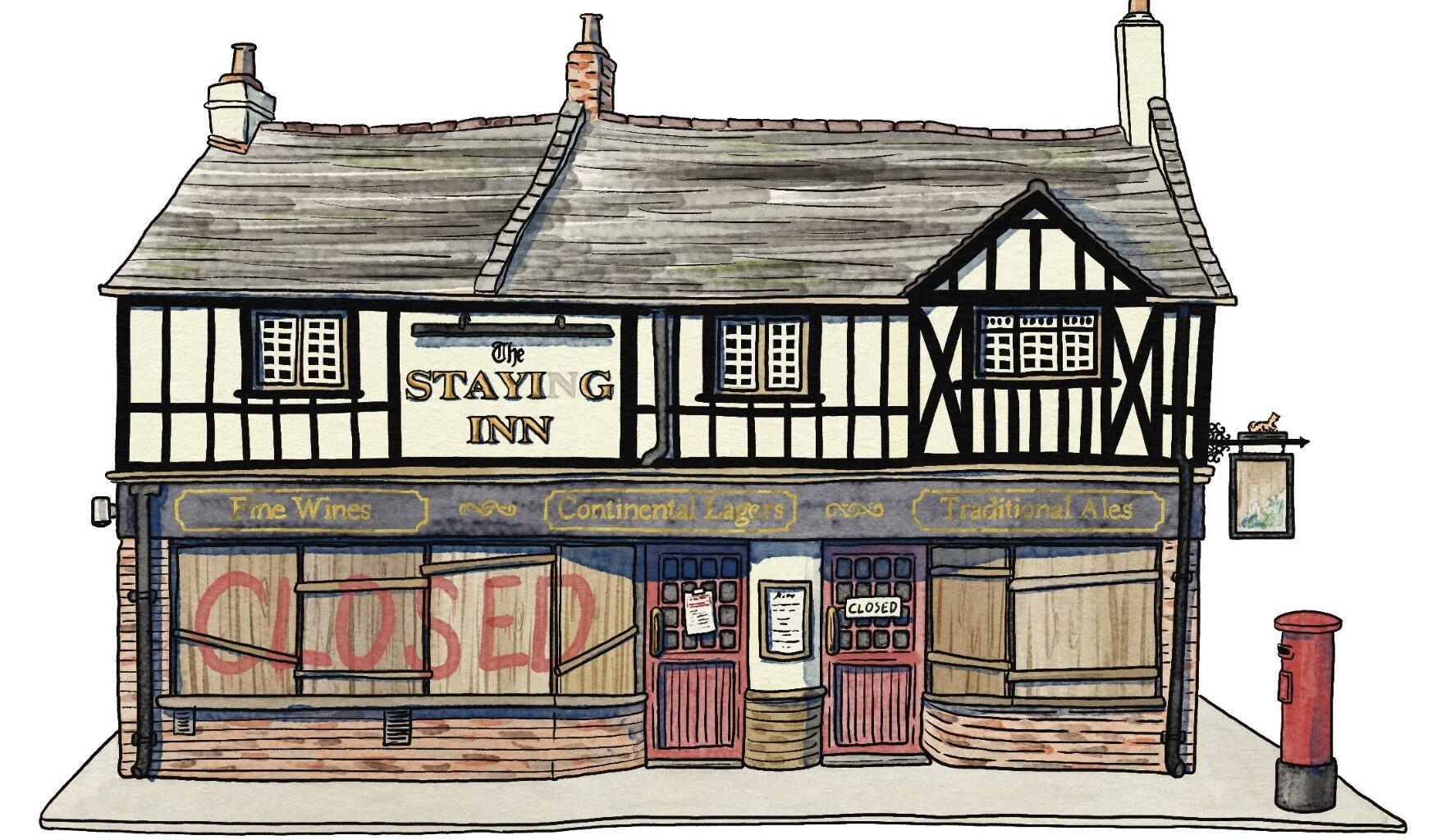It has been a disastrous summer for France’s restaurants. On average, visits have dropped by 20 per cent on previous years, but at many coastal resorts they’re down by 35 per cent. ‘Consumption is well below previous years,’ says Laurent Barthélémy, president of a hospitality union. ‘Restaurant owners see customers passing by, but they don’t come in to eat.’
Various reasons have been propounded to account for this decline. Barthélémy points to the cost-of-living crisis as a leading factor, as does Thierry Marx, one of France’s top chefs and president of the restaurant owners’ association. He describes a catch-22 situation where restaurants are obliged to raise their prices to cover ‘the cost of raw materials and the cost of staff’, but which deters the public.
In an interview earlier this month Marx warned of the ‘degastronomisation of France’. The facts bear him out. In the past half a century, some 170,000 bistros have closed in France and there is no sign that the trend will be reversed. ‘The French catering world is in freefall,’ declared Le Monde.
One could say the same thing about the British pub world. Last month the BBC reported on the sorry state of this sector; it quoted figures from the British Beer and Pub Association showing that since 2000 more than 15,000 pubs have closed. Last year 289 called time for good.
As with the French bistro, the British pub suffered greatly during the Covid years when forced to close for months on end. Then came inflation and the cost-of-living crisis. And after that Labour came to power and hiked pubs’ overheads with rises in the national minimum wage and national insurance rates, and a drop in the threshold at which they begin to pay national insurance.
But there are other reasons why bistros and pubs are struggling to pull in punters. Changes are afoot in Britain and France, culturally and demographically.
Last year, Esquire magazine ran a feature headlined: ‘The Great British Pub Might Be Doomed. Should We Care?’ It recognised the importance of the pub in British culture but said millennials and ‘Zoomers’ [Generation Z] were healthier than Boomers and Generation X. ‘These Zoomers – too busy with their TikToks and their fidget spinners to smash seven pints at lunchtime – will be the death of all we hold dear,’ said Esquire. ‘People hang out in barbers’ shops, in shisha bars, at the gym, online, round each other’s houses with all the films and TV, ever, to watch. So why should the pub survive?’
‘People hang out in barbers’ shops, in shisha bars, at the gym, online, round each other’s houses with all the films and TV, ever, to watch. So why should the pub survive?’
The middle-aged might like a pint or seven but at least they’re not exploiting the pub staff – unlike, one might argue, Zoomers who sustain their TV bingeing by ordering food from pubs and restaurants on delivery apps.
The popularity of shisha bars points to the other significant factor in the demise of the bistro and the pub. Few western countries have undergone such a seismic demographic shift this century as Britain and France. Britain’s population has soared by ten million since 2000 as a result of immigration. New arrivals bring their own culture and customs.
In France, immigration in the first half of the 20th century was mainly from southern Europe, but in the past 50 years it has consisted predominantly of Turks, North Africans and Sub-Saharan Africans. This is what Jean-Luc Melenchon, the leader of the French left, hails as ‘New France’.
Initially most of them were Eastern Europeans, a major factor in the success of the Leave vote in the 2016 referendum. A week after the vote, the New Statesman visited the Lincolnshire town of Boston, which it termed the heart of ‘Brexitland’, and discovered ‘numerous eastern European restaurants, Baltic food stores, a Latvian bakery and Polish pub’. Eastern Europeans are partial to a drop of the hard stuff, unlike many of the immigrants who have arrived more recently, from countries where alcohol is forbidden.
Bistros may be dying out in this ‘new’ France but shisha bars, kebab shops and North African restaurants are booming. So are fast-food joints. Outside America, McDonald’s does its best business in France. Young French people, whatever their origin, love burgers, nuggets and shakes. Less so alcohol, which explains the crisis in the French wine industry. In the past ten years the number of regular wine drinkers has fallen by 32 per cent.
In Britain the problem isn’t so much ‘degastronomisation’ as ‘deculturalisation’. Statues of famous British figures are being removed, Shakespeare is being decolonised, war heroes are being cancelled and now English flags are being torn down. It’s enough to drive one to drink – or should that be a shisha pipe?
